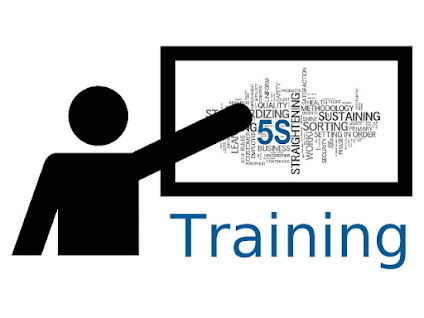QMS Training Demystified: Key Principles for Success
QMS training is an essential
component of any quality management system. It ensures that employees
understand the processes and procedures necessary to maintain a high level of
quality in their work. Quality management systems can be complex, but with proper
training, they can be effectively implemented and maintained over time. Here
are some key principles for successful QMS training:
Understand
the System's Requirements: Before commencing any QMS training program, it is essential
to first gain an understanding of what your organization needs from its quality
management system. This includes determining which standards or regulations
must be met and identifying areas where improvement is needed urgently. Once
these requirements have been identified, you can then develop a customized plan
for delivering effective QMS instruction tailored specifically to meet the
goals and objectives set forth by your company or industry sector leaders.
Utilize
Effective Training Methods: When designing a comprehensive plan for providing effective
QMS instruction, there are several different methods that may prove beneficial,
depending on the needs of each individual organization. These methods include
classroom-style lectures combined with hands-on activities, computer-based
tutorials, videos, online resources, etc. All these are designed to ensure
comprehension among participants while also keeping them engaged throughout the
session(s).
Also Read: 5s Training
Ensure
Consistency in Delivery & Documentation: For any employee education program,
including one related directly to learning how to best utilize/maintain
compliance within their respective organizations' Quality Management Systems
(QMS), consistency must remain at the forefront when delivering
content/instruction and documenting results. This will help prevent confusion
among staff members who need access to information regarding specific topics
covered during coursework offered via various instructional formats used by
instructors leading up to the completion date associated with each particular
class taken.
Also Read: Minitab Training
Evaluate
Results Regularly: Finally, once all educational courses related to teaching
individuals how to use/maintain compliance within established guidelines set
forth via organizations' respective Quality Management Systems (QMS) have been
completed, it's important to verify success achieved through periodic
evaluations conducted regularly. This helps measure progress made against
initial objectives outlined before the start of such programs. Doing so
guarantees the overall effectiveness of the process used to achieve the desired
outcomes expressed upon the onset of the implementation phase initiated by the
leadership team overseeing operations involved.
In conclusion, utilizing these four
key principles when developing plans related to implementing successful QMS training should lead to increased
levels of productivity and efficiency across the board while ensuring everyone
understands the expectations placed upon them regarding maintaining the highest
standards possible in their everyday performance.




Comments
Post a Comment